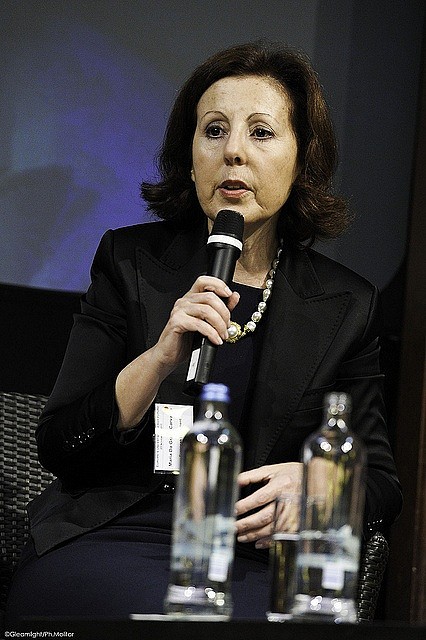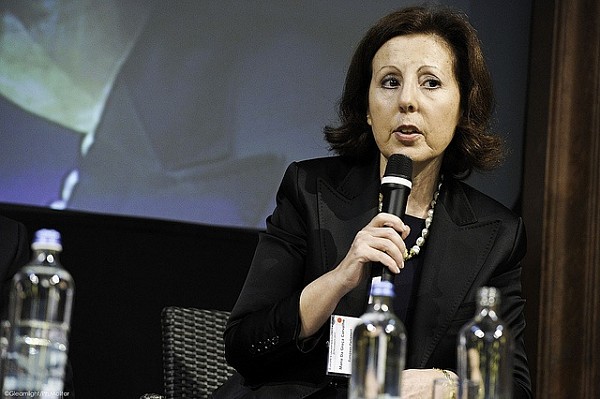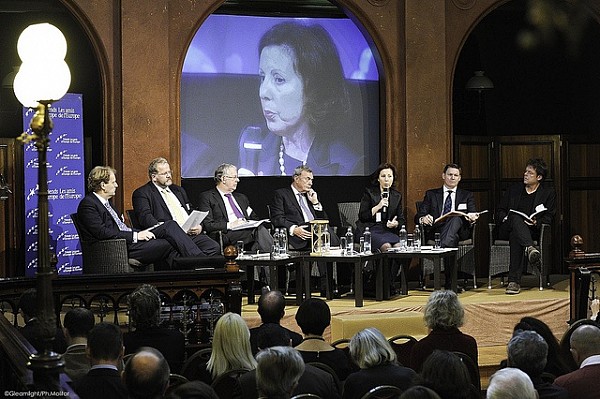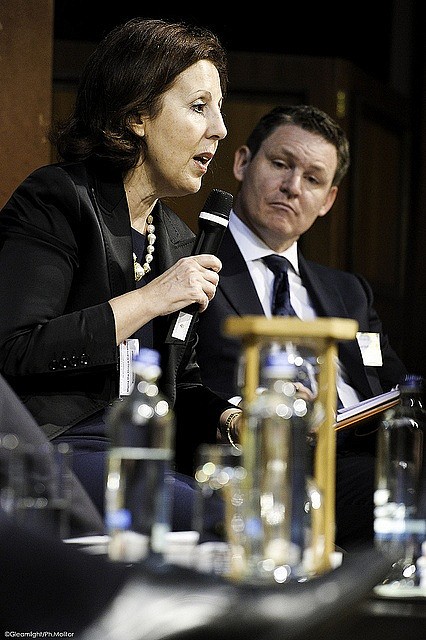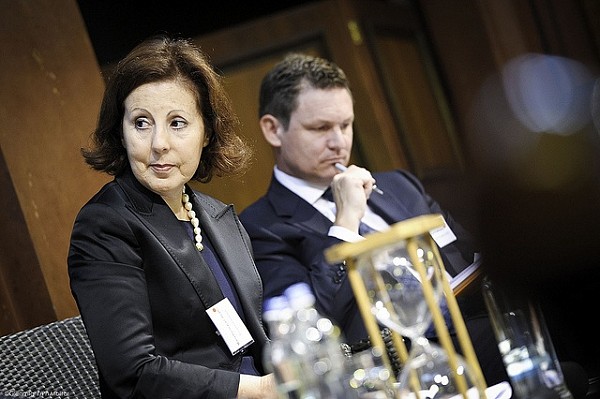Causes Europe's uncertain energy future
Maria da Graça Carvalho was speaker in the high level European Policy Summit "Europe's uncertain energy future", organized by Friends of Europe.
Ms. Carvalho participated in the session II "The Golden age of Gas-Opportunities and risks": Both the shale gas revolution in North America and the booming LNG trade are stimulating interest in Europe and around the world, with global demand for natural gas forecast to surge by up to 44% between 2008 and 2035. Will new developments in gas decrease Europe's dependence on Russia, and could it also be that the coming gas revolution will delay investment in renewable forms of energy? If EU governments cut support for renewables, could the 'Golden Age of Gas' mark a backward step in the struggle against climate change? How will forecasts of cheaper gas affect the planned Caspian pipelines to Europe? Will Europe ever see substantial production of shale gas, and what are the environmental pros and cons of a future gas revolution? (see intervention here).
The painel was co-moderated by Giles Merritt, Secretary General of Friends of Europe, and Willy De Backer, Head of Friends of Europe's Greening Europe Forum. Among the speakers, there were Michael Hoffmann, External Affairs and Communications Director, Trans Adriatic Pipeline (TAP); Heinrich Herm Stapelberg, Public & Government Affairs Manager, Central Europe, ExxonMobil; Martin Stewart-Smith, Energy Lawyer & Partner, Energy Transactions Practice, Morgan, Lewis & Bockius; Sven Teske, Director of the Greenpeace International Renewable Energy Campaign.
UNDER DISCUSSION:
The Arab Spring, the Eurozone crisis, Fukushima and rising energy prices have greatly changed the outlook for Europe's transition to a low-carbon energy system. Questions addressed at the Summit included:
- What will be the new trends identified in the International Energy Agency's World Energy Outlook (WEO)2011 and what are the implications for EU and national policymakers?What is likely to be the impact on Europe's economic recovery of higher energy prices and how fundamentally will Fukushima affect the nuclear sector? With the uncertainties stemming from the Arab spring, what will Europe's long-term oil supplies from the Middle East look like? What is the impact of these recent developments on the 2°C target for limiting climate change?
The European Commission Roadmap for Europe's energy future that will be published by the end of the year will identify policies and instruments urgently to be put in place if Europe is to achieve a low-carbon energy system by 2050.
